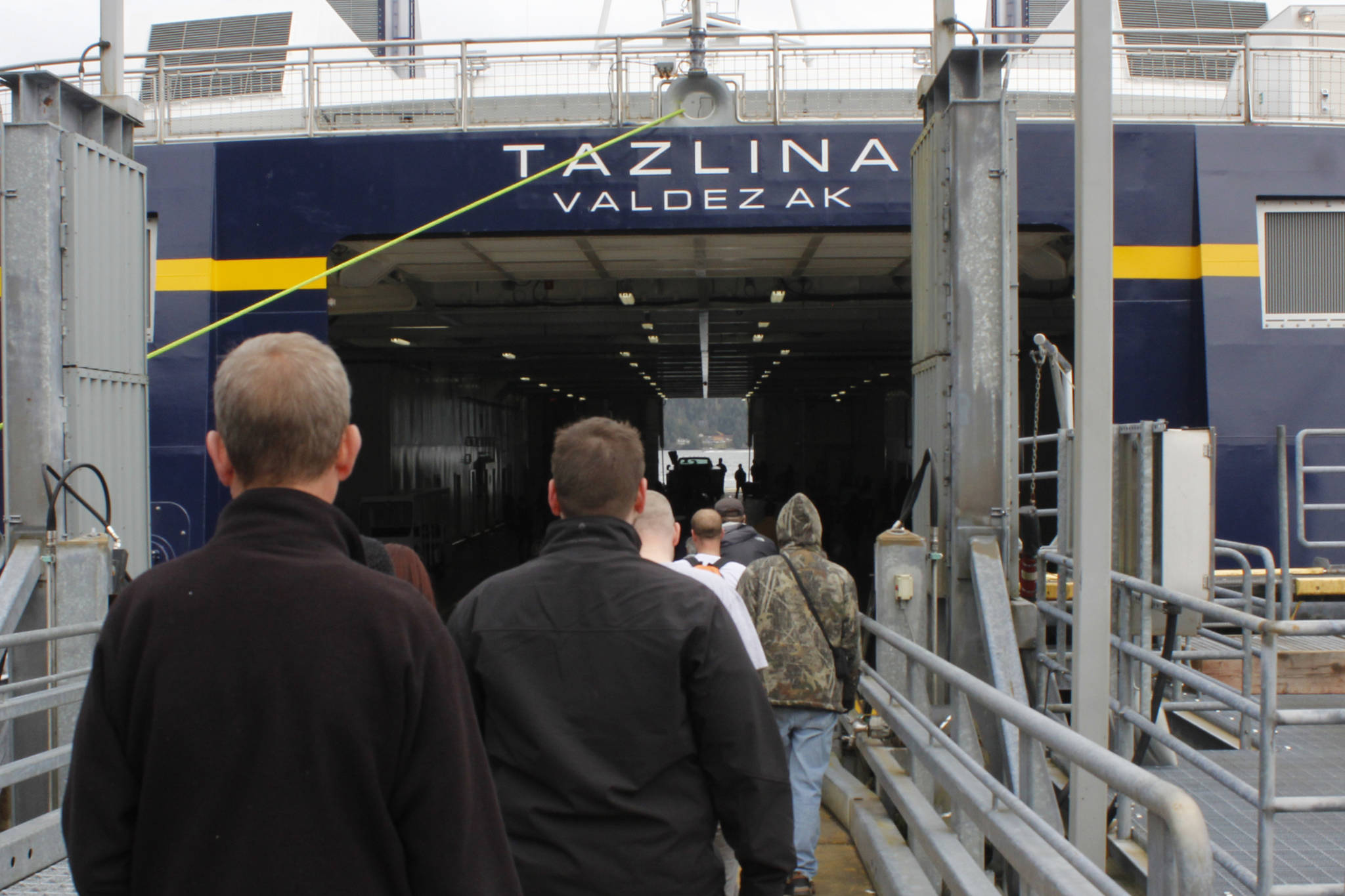Save our road, save our cities. It’s that simple.
Alaska Statute 19.65.050 dictates the Alaska Marine Highway System is an essential part of the state transportation system, and that it warrants continued and predictable state support with a steady, stable and dependable marine highway system service level. In essence, the AMHS service is the only road into our maritime towns.
Recent budget proposals by Gov. Mike Dunleavy and the Legislature intended to reduce or eliminate AMHS services without a fiscal analysis to justify such action and do not take seriously the life-changing impacts to those who desperately rely on the ferries to survive in rural Southeast Alaska.
[‘Make sure you have your boxing gloves’: Rallygoers fight for ferry funding]
Community economies in Southeast rely heavily on independent travelers for whom the AMHS is the main transportation system. The system provides critical transportation to remote areas where primary and second-home populations reside and work. It also provides the backbone of a vital commuting workforce, and year-round, life-saving transportation services for those in need of medical services irrespective of often-inclement Southeast weather.
With few exceptions, the AMHS provides local businesses with equipment, merchandise and customers. And let us not forget that all of the above impacts will cause failures in local government that will rely more heavily on the state’s assistance to replace the loss of locally-produced funding. Without the service of the AMHS, the majority of Alaska’s maritime towns will be hit a devastating blow in a time when growth and success are beginning to gain momentum.
[Opinion: The politics of waste in Lynn Canal]
The economic damage caused by eliminating ferry service to Southeast communities would be profound for the citizens who rely on the AMHS to provide adequate service to meet the health and lifestyle needs of Southeast customers, businesses and residents, and to meet the expanding needs of the commercial sector, providing increased capacity for goods and services to and from neighboring locations, as well as the Lower 48.
Do not end the AMHS vital service conversation simply on current operations. Continued service of the AMHS includes ensuring future service. Significant fiscal forecasting is required to comply with state statue.
More importantly, it is a fundamental responsibility of our state leaders to recognize the need for equal treatment of all Alaskans. If a bridge collapses or a highway needs repair, would cutting off the communities serviced by those transportation assets be considered?
The Gustavus City Council stresses to the governor and Legislature the need to comply with state statute and provide for the AMHS continuing essential services to the maritime communities of Alaska.
• Calvin Casipit is the mayor of Gustavus. My Turns and Letters to the Editor represent the view of the author, not the view of the Juneau Empire.

